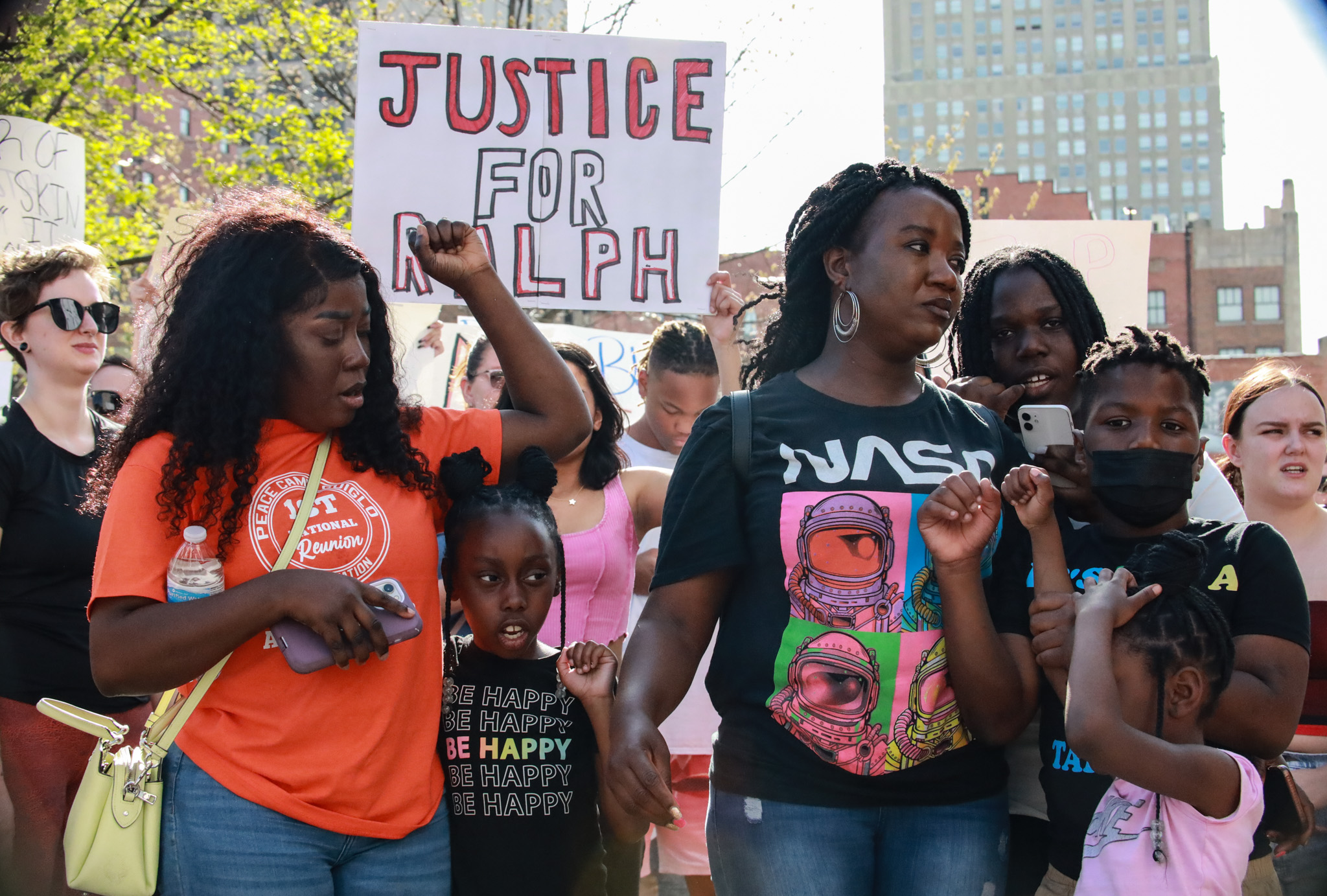Since the outbreak of Liberia’s second civil war, tens of thousands have fled to seek refuge in the United States, and in many cases have built thriving, successful communities, from North Dakota and Minnesota to Rhode Island and Philadelphia. But unfortunately the threat of violence and hatred could not be left behind forever.
This week the United States has been thrown by what appears to be yet another racially motivated shooting in Kansas City – this time the victim was a teenage Liberian American boy named Ralph Yarl.
Yarl, who survived being shot once in the face and in the arm by an 84-year-old White man named Andrew D. Lester, was attacked not because of any wrongdoing, but simply because he rang the doorbell at the wrong house when he had been sent to pick up his younger siblings.
The Liberian community in Kansas City has responded with shock and horror, and have been taking part in large protest marches against the attacker and the favorable treatment he seemed to receive from law enforcement.
“How do you protect a Black kid?” said Patience Gaye, another Liberian emigree and friend of the Yarl family. “… What are we supposed to do now? We left our countries because we don’t want to be killed. That’s why we left. They came to America for a better life. How is this a better life?”
Fannie Gibson, owner of Fannie’s West African Cuisine in Kansas City, said she knew Yarl and his family because his parents are fellow Liberian immigrants who often came into her restaurant for spicy cassava leaf stew and other Liberian dishes.
“We all know Ralph,” she said. “He’s a quiet kid, doesn’t bother anyone, always reading, very respectful.”
The news of Yarl’s shooting has hit the small, close-knit Liberian community hard, she said.
But this latest incident in Kansas City is far from the only violent attack against Liberians living in the United States.
Last fall, Liberians living in Fargo were subjected to racist fliers, threats, and attacks, often spurned on by far right wing media and conspiracy theories that Black immigrants were part of some non-existent “great replacement.”
Many in the Liberian community have resorted to hiding, locking the doors of churches during services and other public gatherings, in the event that a shooter attempts to attack.
While there is much work to be done in the United States to confront racism and gun violence, the work for Liberians should begin at home. We need to create a safer, more stable, and more prosperous country so that so many of our citizens do not need to flee.
What does this mean? We need to stay away from political leaders who are tied to the past – no more old men backed by warlords. Stability means we are investing in infrastructure, strengthening institutions, and promoting economic development. By doing so, we can help to reduce the number of Liberians who feel the need to flee their homeland and seek refuge in the United States.
This will require a sustained commitment from both the Liberian government, the voters, and the international community, but it is essential if we want to ensure that Liberians are safe both at home and abroad. By investing in Liberia’s future, we can help to reduce violence, promote economic development, and create a brighter future for all Liberians.






